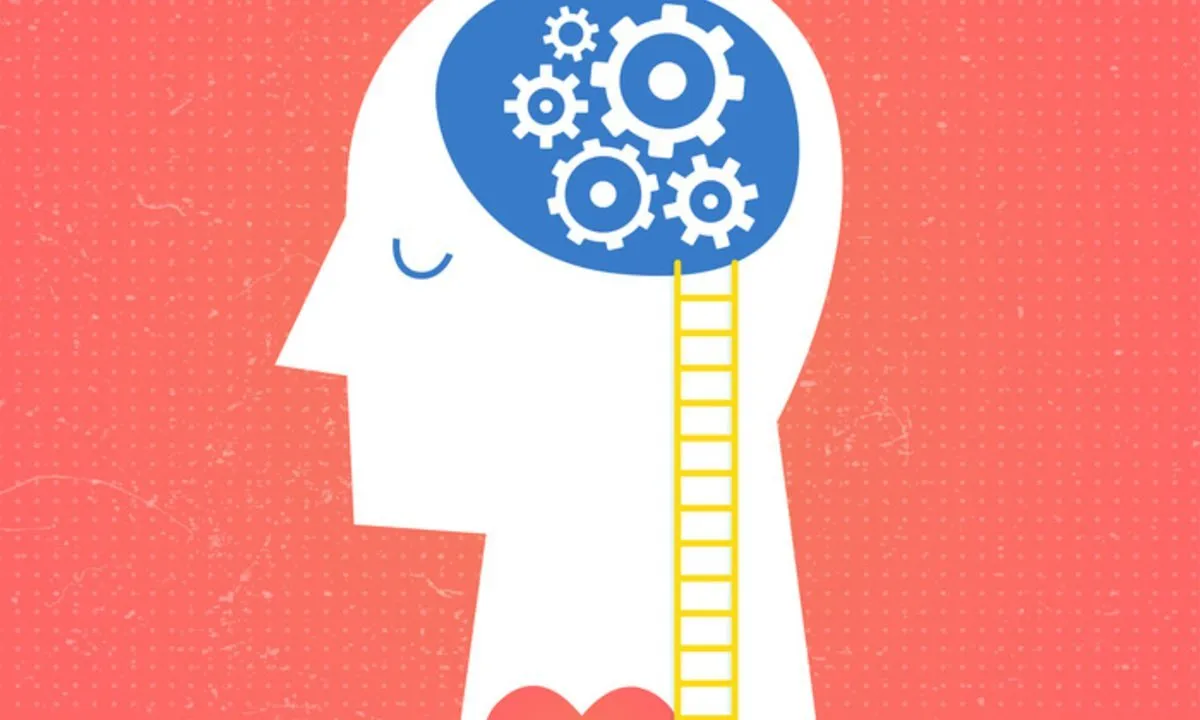
Positive Psychiatry and Mental Health 
Positive Psychiatry is a new approach to mental health that focuses on both treating illness and distress, as well as building strengths, supports, and healthy lifestyles. This dual approach, developed by Jeste et al (2016), is gaining traction in the fields of positive psychology and mental health promotion, as a way to address the growing burden of mental illness and distress in our communities. ▼
ADVERTISEMENT
Course Feature
![]() Cost:
Cost:
Free
![]() Provider:
Provider:
Coursera
![]() Certificate:
Certificate:
Paid Certification
![]() Language:
Language:
English
![]() Start Date:
Start Date:
17th Jul, 2023
Course Overview
❗The content presented here is sourced directly from Coursera platform. For comprehensive course details, including enrollment information, simply click on the 'Go to class' link on our website.
Updated in [March 06th, 2023]
This course provides an overview of Positive Psychiatry and Mental Health. It will explore different aspects of good mental health, provide an overview of the major kinds of mental disorders, their causes, treatments and how to seek help and support. Participants will gain an understanding of evidence-based strategies to enhance their own mental health and that of others, from exercise and relaxation techniques through to the role of love, relationships and 'good' types of work. The course will feature a large number of Australian experts in psychiatry, psychology and mental health research, as well as “lived experience experts”, people who have lived with mental illness, and share their personal stories of recovery.
[Applications]
The application of this course can be seen in the promotion of positive mental health and wellbeing. Participants can use the knowledge and skills gained from this course to help themselves and others to build strengths, supports and healthy lifestyles. They can also use the course to gain an understanding of the major kinds of mental disorders, their causes, treatments and how to seek help and support. Additionally, participants can use the evidence-based strategies discussed in the course to enhance their own mental health and that of others.
[Career Paths]
1. Mental Health Counselor: Mental health counselors provide counseling and therapy to individuals, couples, families, and groups who are dealing with mental health issues. They help clients identify and work through their issues, develop coping strategies, and build resilience. Mental health counselors are also involved in developing and implementing mental health programs in schools, workplaces, and communities. This field is growing rapidly, as mental health awareness and access to services increases.
2. Psychiatric Nurse: Psychiatric nurses provide care to individuals with mental health issues, including assessment, diagnosis, and treatment. They work in a variety of settings, including hospitals, clinics, and private practices. Psychiatric nurses are also involved in developing and implementing mental health programs in schools, workplaces, and communities. This field is growing rapidly, as mental health awareness and access to services increases.
3. Mental Health Educator: Mental health educators provide education and training to individuals, families, and communities on mental health topics. They work in a variety of settings, including schools, workplaces, and community organizations. Mental health educators are also involved in developing and implementing mental health programs in schools, workplaces, and communities. This field is growing rapidly, as mental health awareness and access to services increases.
4. Mental Health Advocate: Mental health advocates work to raise awareness and reduce stigma around mental health issues. They work in a variety of settings, including schools, workplaces, and community organizations. Mental health advocates are also involved in developing and implementing mental health programs in schools, workplaces, and communities. This field is growing rapidly, as mental health awareness and access to services increases.
[Education Paths]
1. Bachelor of Psychology: This degree provides a comprehensive understanding of the science of psychology, including the study of behavior, cognition, emotion, and social interaction. It also covers the development of psychological theories and research methods, as well as the application of psychological principles to the diagnosis and treatment of mental health issues. Developing trends in this field include the use of technology to enhance psychological treatments, such as virtual reality and telehealth, as well as the use of artificial intelligence to improve diagnosis and treatment.
2. Master of Positive Psychology: This degree focuses on the study of positive emotions, strengths, and virtues, and how they can be used to enhance wellbeing and resilience. It covers topics such as positive relationships, positive work, and positive health, as well as the use of positive interventions to promote mental health. Developing trends in this field include the use of technology to enhance positive interventions, such as mobile apps and online programs, as well as the use of artificial intelligence to improve diagnosis and treatment.
3. Doctor of Clinical Psychology: This degree provides a comprehensive understanding of the science of psychology, including the study of behavior, cognition, emotion, and social interaction. It also covers the development of psychological theories and research methods, as well as the application of psychological principles to the diagnosis and treatment of mental health issues. Developing trends in this field include the use of technology to enhance psychological treatments, such as virtual reality and telehealth, as well as the use of artificial intelligence to improve diagnosis and treatment.
4. Master of Mental Health: This degree provides a comprehensive understanding of the science of mental health, including the study of mental health disorders, their causes, treatments, and how to seek help and support. It also covers the development of mental health theories and research methods, as well as the application of mental health principles to the diagnosis and treatment of mental health issues. Developing trends in this field include the use of technology to enhance mental health treatments, such as virtual reality and telehealth, as well as the use of artificial intelligence to improve diagnosis and treatment.
Pros & Cons

1. Provides diverse perspectives on mental health from various professionals and individuals.

2. Presents complex concepts in plain English and offers thorough explanations.

3. Offers a structured guide through complex topics, providing clarity.

4. Offers a wealth of additional resources for further learning.

5. Suitable for beginners and covers major topics in mental health.

1. Awkward delivery by some speakers reading from scripts.

2. Disjointed content and lack of clear main takeaways.

3. Outdated or non-functional reading links provided.

4. Course content perceived as basic, high-level, and too broad.

5. Repetitive information throughout the course.
Course Provider

Provider Coursera's Stats at AZClass
Positive Psychiatry and Mental Health is a new approach to mental health that focuses on treating illness and suffering, as well as building strength, support and healthy lifestyles. This dual approach, developed by Jeste et al is gaining popularity in the fields of positive psychology and mental health promotion as a way to address the growing burden of mental illness and distress in their communities. Learners can learn from this course the importance of positive mental health and how to promote it. They can learn about the different types of mental disorders, their causes, treatments and how to seek help and support.
Discussion and Reviews
0.0 (Based on 0 reviews)
Explore Similar Online Courses

Esports Teams and Professional Players

Deploy and Manage Cloud Environments with Google Cloud

Python for Informatics: Exploring Information

Social Network Analysis

Introduction to Systematic Review and Meta-Analysis

The Analytics Edge

DCO042 - Python For Informatics

Causal Diagrams: Draw Your Assumptions Before Your Conclusions

Whole genome sequencing of bacterial genomes - tools and applications

Meditation

Mental Health First Aid Skills -


Start your review of Positive Psychiatry and Mental Health